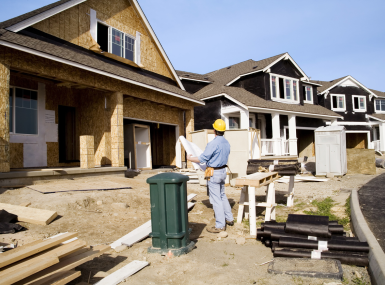Money Matters - Aug. 8. 2016
Upcoming Events
Related News
The Rest of the Story: Homeownership at Record Lows
Sometimes a picture can speak a thousand words. So it is with the housing market. The second quarter saw a record broken, which few will be celebrating; homeownership sank to a 50-year low of 62.9 percent. This dismal record marked a continuation of a downward trend that began in 2004, at a record 69.2 percent.
The decline has continued almost unmitigated through the most frenzied days of the housing bubble, through the Great Recession, through the housing market recovery and during the seven-year-long economic expansion.
It’s safe to say quite a few parents are experiencing the practical reality of this drop in homeownership. After all, many of those within the age demographic typically looking to buy a first home are instead returning from college to live in mom and dad’s basement. According to new research from Pew, more young adults ages 18–34 are living with parents (32.1 percent) than either married or cohabitating (31.6 percent), or living alone or head of household (14 percent).
Homeownership Rates for the Unites States: 1965-2015
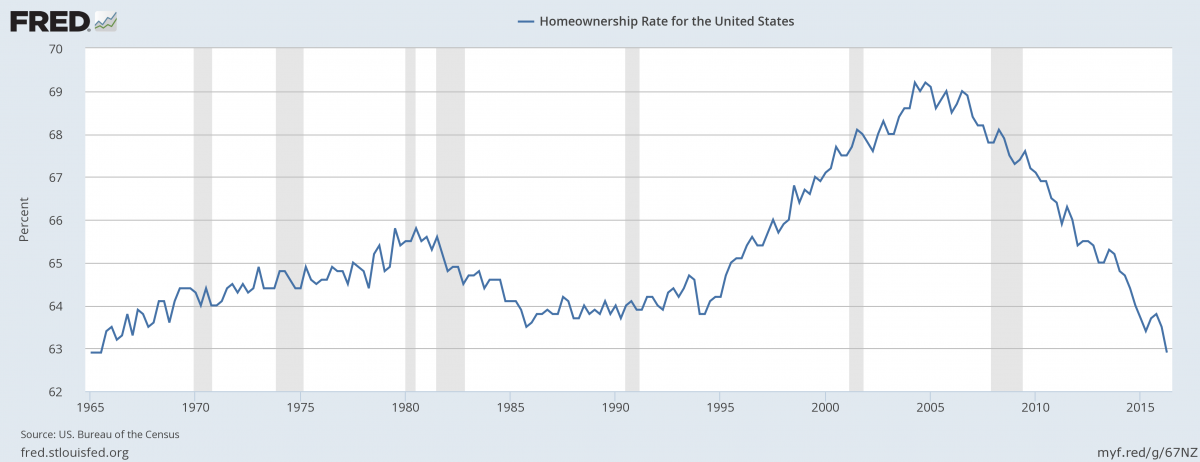
This is a historic first for the United States. And it’s a stunning shift from 1960 when more than 60 percent of this demographic cohort lived with a significant other and only 20 percent lived with parents.
Is soft economic growth the primary culprit behind dramatically higher proportion of post-college adults living at home with parents and hence delaying real estate purchases? What is incontrovertible are the plunging levels of labor force participation for younger adults. For instance, more than one in four adults age 20 to 24 years are not even looking for a job. As we all know, obtaining a mortgage is next to impossible in such a circumstance.
Of course, having a job is only part of the equation in buying a home; affordability also comes into play. Although interest rates remain at historic lows, housing costs have rebounded since the financial crises. The S&P/Case-Shiller U.S. National Home Price Index declined more than 25 percent from the peak of the housing market boom in early 2007 until the post-crises bottom in early 2012. However, in just four short years, nearly the entire decline has been erased, with the index soaring 30 percent. Since 2000, this measure of home prices has increased 80 percent — roughly twice the overall inflation rate during this same time frame.
Civilian Labor Force Participation: 20-24 years
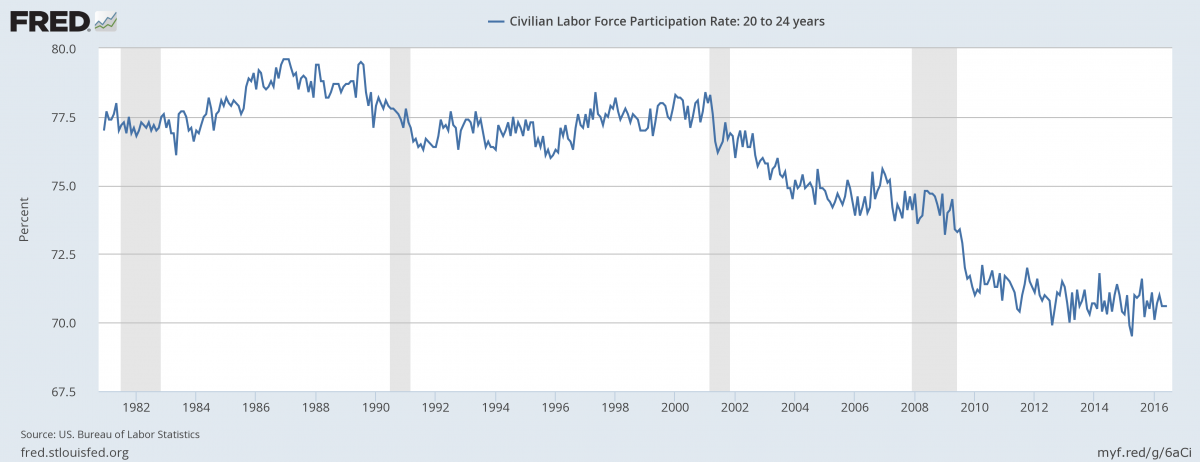
As the shift to renting (in addition to living with parents) continues, ultra-low rental vacancy rates result. Last quarter, the rate dipped to just 6.7 percent — down from more than 11 percent following the Great Recession, and lower than at any point in more than 30 years. And this tight rental market, has helped produce sharply rising rental costs — a jump of 20 percent since the recession ended in the middle of 2009.
Current economic indicators do not seem to suggest a return to normality on this homeownership front. Residential construction spending remains more than one-third below the levels seen a decade ago. More disconcerting is the level of new privately owned housing starts.
This past decade realized the lowest number of housing starts of any other 10-year period in the past half century. After peaking at an annual rate of 2.3 million in January 2006, housing starts plunged to 400,000 by the end of the Great Recession. Now, seven years into the recovery, annual housing starts are barely half that level at 1.1 million. In fact, from 1960 through 2007, housing starts were only lower than present levels in three of those years.
For many families, a personal residence is their single most valuable asset. Purchasing a home early in one’s career can provide at least a foundation for retirement security with the forced equity building related to a long-term mortgage. As such, many economists are troubled by this decline in homeownership. Time will tell if an acceleration of economic growth reverses this trend.
Housing Starts Total: 1960-2015
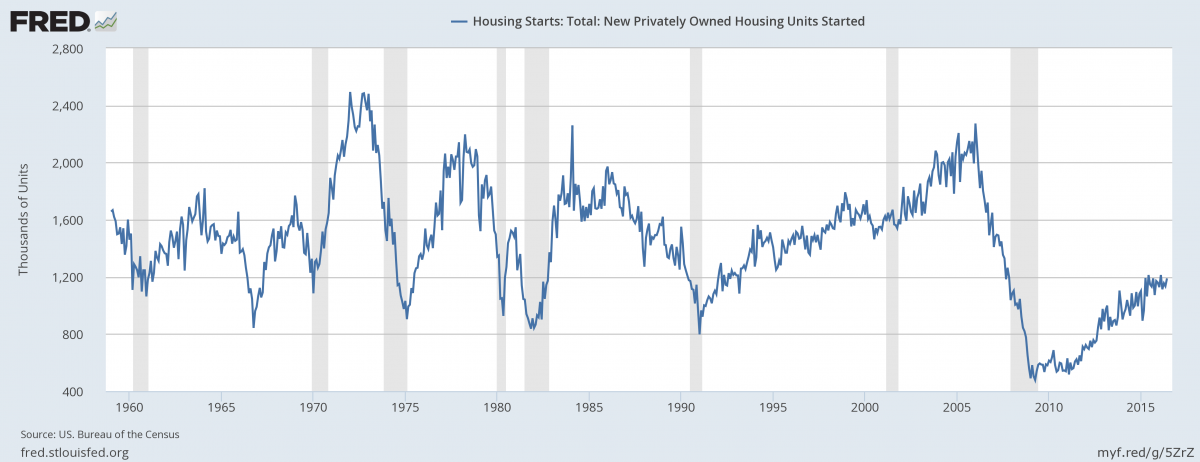
Attachments
Related News
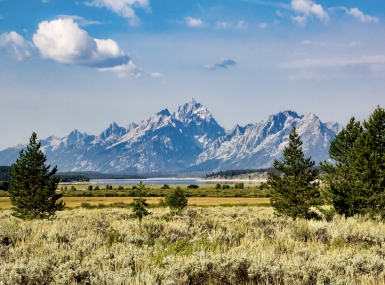
House Passes Historic Outdoor Recreation Legislation
The U.S. House passed the bipartisan EXPLORE Act (H.R.6492) on April 9 to boost outdoor recreation opportunities on public lands and aid local economies
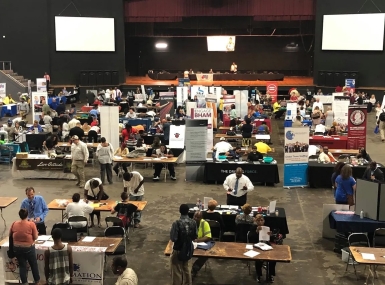
Counties offer a second chance after incarceration
From job fairs and housing programs to educational opportunities, counties offer a second chance after incarceration.
